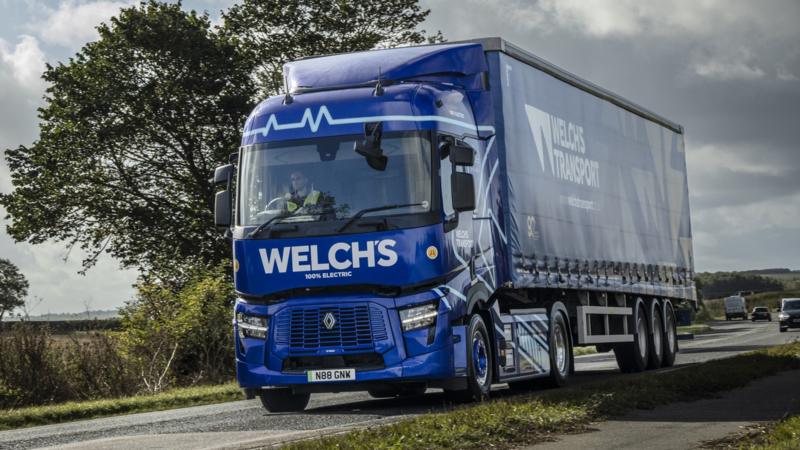Summary
The article discusses how the lack of charging stations for electric heavy goods vehicles (eHGVs) is a major challenge for their wider use. Welch's Transport, a company in Cambridgeshire, uses a few electric lorries but limits their use to local routes due to insufficient charging options and high public charging costs.
Key Facts
- Welch's Transport operates three electric lorries within a radius of about 160km from their depot.
- Electric lorries have a shorter range compared to diesel lorries, with a single charge covering about 200 miles.
- Lack of public charging stations for eHGVs is a significant barrier, with only two in the UK.
- There are approximately 1,100 public eHGV charging points across Western Europe.
- Public charging costs for eHGVs are higher than charging at company bases.
- Renewable energy accounted for over half of the UK's electricity generation last year.
- The British Antarctic Survey works with Welch's Transport to meet its net zero goals by 2040.
